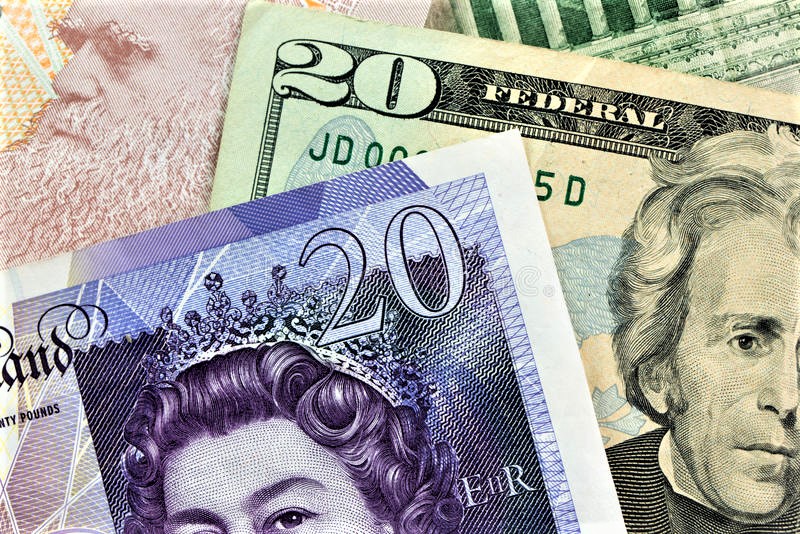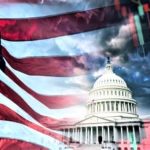Pound Sterling (GBP) is exhibiting a lackluster performance.
The Pound Sterling (GBP) is exhibiting a lackluster performance as investors focus on the Bank of England’s (BoE) monetary policy. The GBPUSD pair is struggling to find a direction as investors are concerned. About the UK’s central bank’s aggressive policy tightening. To combat persistent inflation. The Bank of England is likely to hike interest rates for the fourteenth time in a row.
The Bank of England has already raised interest rates to 5%, and another 25-basis point (bps) boost is likely to put more pressure on inflation. Labor shortages and increasing food costs have been significant drivers to the UK’s stubborn inflation. Policymakers in the UK are also anticipated to consider raising interest rates by 50 basis points as inflationary pressures mount. When compared to the other G7 economies, the UK economy is the strongest.
The Pound oscillates ahead of the Bank of England’s policy announcement.
The pound sterling remains rangebound below 1.2900 as investors await the Bank of England’s interest rate policy for more direction.
Policymakers at the Bank of England are anticipated to consider additional policy tightening as they strive to achieve 2% inflation.
Because inflationary pressures in the UK economy are considerably over the intended rate of 2%. Additional interest rate rises cannot be ruled out.
The headline and core Consumer Price Index (CPI) numbers for the United Kingdom are at 7.9% and 6.8%, respectively. And will take some time to ease to the targeted pace.
Headline inflation has slowed to 7.9% from a record of 11.1%.
Headline inflation has slowed to 7.9% from a record of 11.1%, although a recent rebound has helped. Fears of a return in inflationary pressures have grown as global oil prices have risen.
Due to increasing service costs and tight labor market conditions, core inflation remains around a 31-year high of 7.1%.
Recently, the BoE and UK authorities met with industry regulators to explore how to avoid overcharging clients, so easing household burdens and anchoring inflationary pressures.
To better deal with inflationary pressures, UK delegates opted to broaden their inflation-controlling toolbox.
Despite worries of an expanding recession, the Bank of England is anticipated to hike interest rates by 25 basis points to 5.25%.
According to a Reuters survey, interest rates in the UK economy will peak at roughly 5.75%.
Last Monday, UK Treasury experts expressed alarm over rising recession risks as a result of to the Bank of England’s aggressive tightening of policies.
The market atmosphere darkens as China’s official Manufacturing PMI falls.
The market atmosphere darkens as China’s official Manufacturing PMI falls for the fourth month in a row due to weak demand. The economic figures came in 10 basis points higher than expected at 49.2. A value less than 50.0 is regarded as a contraction.
The US Dollar Index (DXY) is approaching 102.00, as the United States’ strong performance in the April-June quarter has fueled expectations of further Fed interest-rate rises.
The US Gross Domestic Product (GDP) increased by 2.4% in the second quarter, owing to a strong labor market and increased consumer spending momentum.
On Friday, the US Labor Cost Index for Q2 fell to 1.0%, compared to 1.1% expected and 1.2% published in Q1. This may reduce retail demand and, as a result, the price increases.









